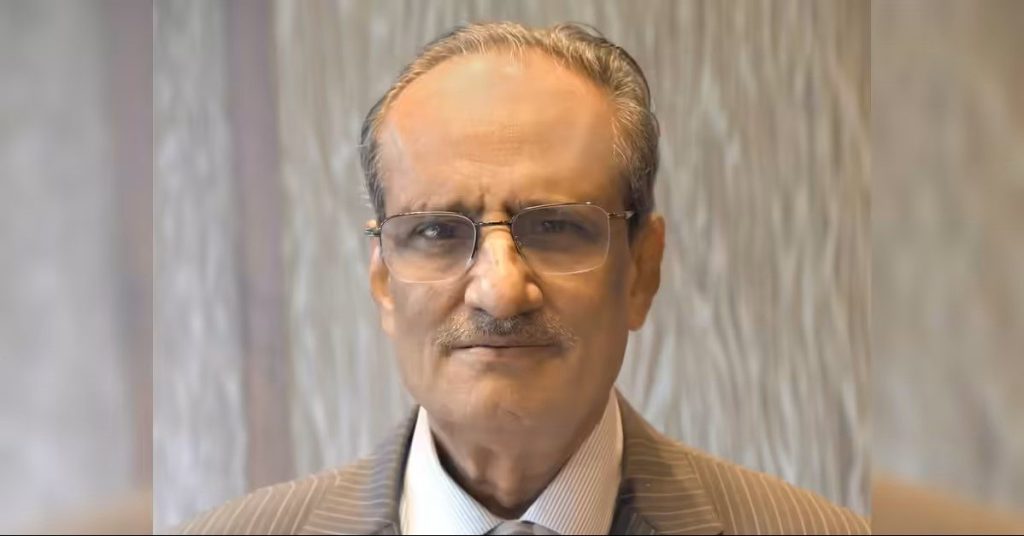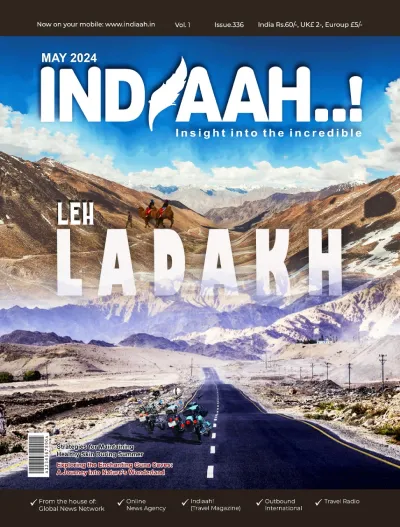
The Federation of Hotel & Restaurant Associations of India (FHRAI), the apex body representing India’s hospitality industry, has urged Union Finance Minister and GST Council Chairperson, Smt. Nirmala Sitharaman, to rationalise Goods and Services Tax (GST) in the tourism and hospitality sector. The appeal aims to position Indian tourism as a key driver of economic growth while enhancing its competitiveness against global destinations in line with India’s Vision 2047.
Welcoming the GST reforms announced by Prime Minister Narendra Modi on August 15, 2025, FHRAI described them as a major step towards simplifying compliance and strengthening India’s tax framework. The association highlighted that tourism already contributes nearly 5% to India’s GDP and has the potential to double its share with supportive policy measures. Known as one of the largest job creators, tourism generates extensive opportunities for youth and women, with every rupee invested in hospitality yielding 3.5 times the output and one direct job creating over three indirect jobs.
However, FHRAI pointed out that India’s higher GST rates make its tourism offerings less competitive compared to Asian peers such as Thailand, Indonesia, Vietnam, Sri Lanka, Singapore, and Malaysia, where tourism taxes range between 6% and 10%. This difference in taxation makes travel to India less affordable for international tourists.
To address this challenge, FHRAI has recommended the introduction of a uniform 5% GST with input tax credit across all tourism and hospitality services. The body also called for delinking GST on food and beverage services from hotel tariffs, citing operational inefficiencies and revenue loss under the current structure. Additionally, FHRAI suggested regularising past GST payments on an “as is basis” to resolve disputes arising from earlier ambiguities.
“Tourism is not just about travel it is a national growth engine with one of the highest multiplier effects on the economy,” said Mr. K. Syama Raju, President of FHRAI. “Rationalising GST is essential to make India globally competitive, affordable for travellers, and attractive for investors. With supportive policies, Indian tourism can double its GDP contribution, create millions of jobs, and play a pivotal role in achieving Vision 2047 of a developed India.”
FHRAI reaffirmed its commitment to working with the Government to boost economic growth, promote cultural diplomacy, and establish India as a world-class tourism destination. The association believes that rationalising GST will unlock new opportunities, improve ease of doing business, and accelerate India’s journey towards becoming a global tourism powerhouse.

